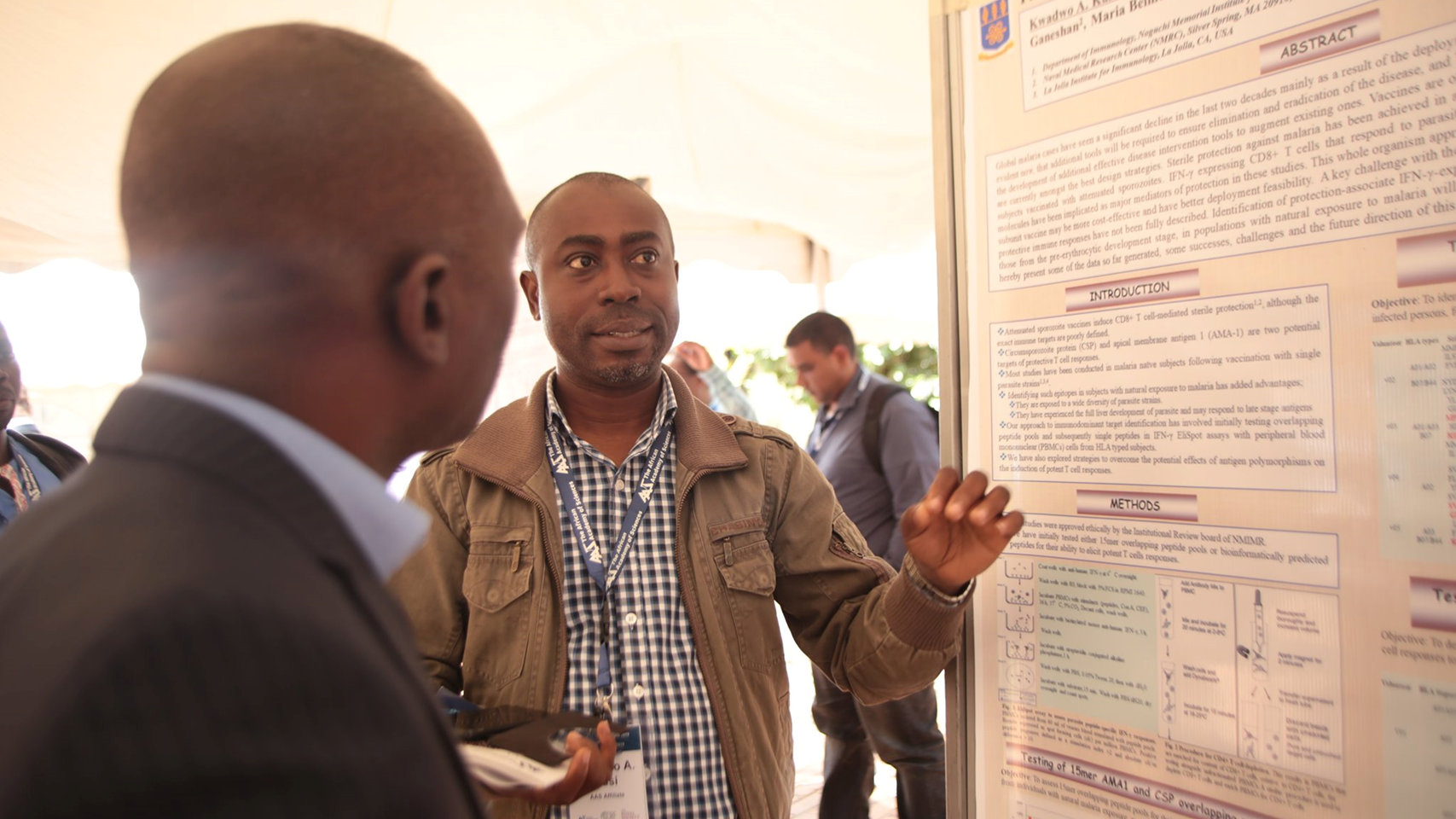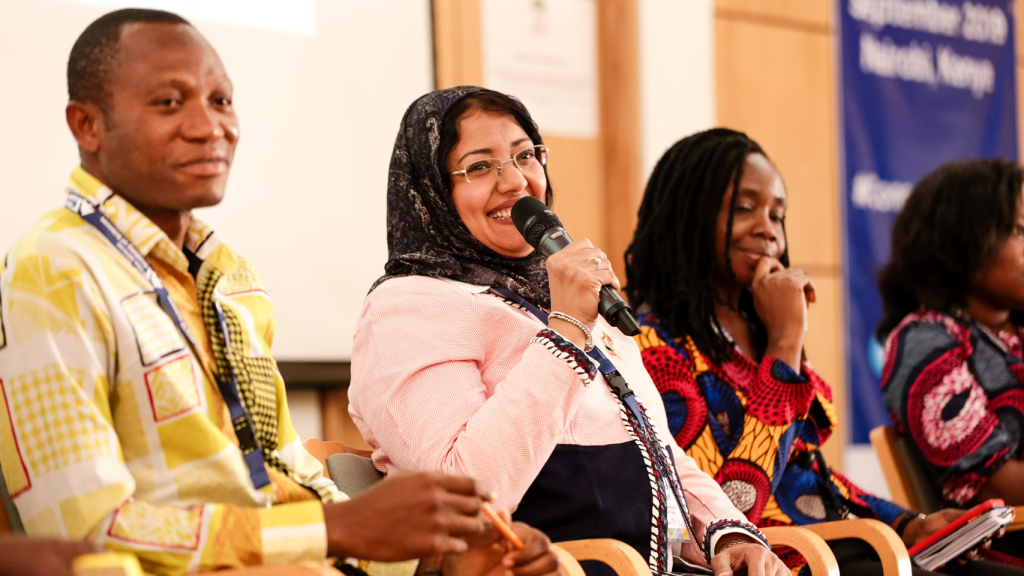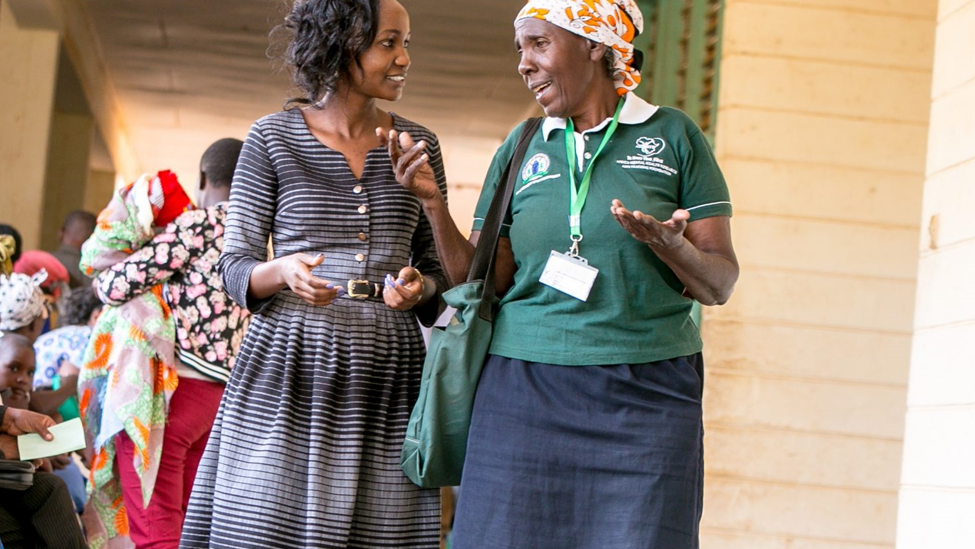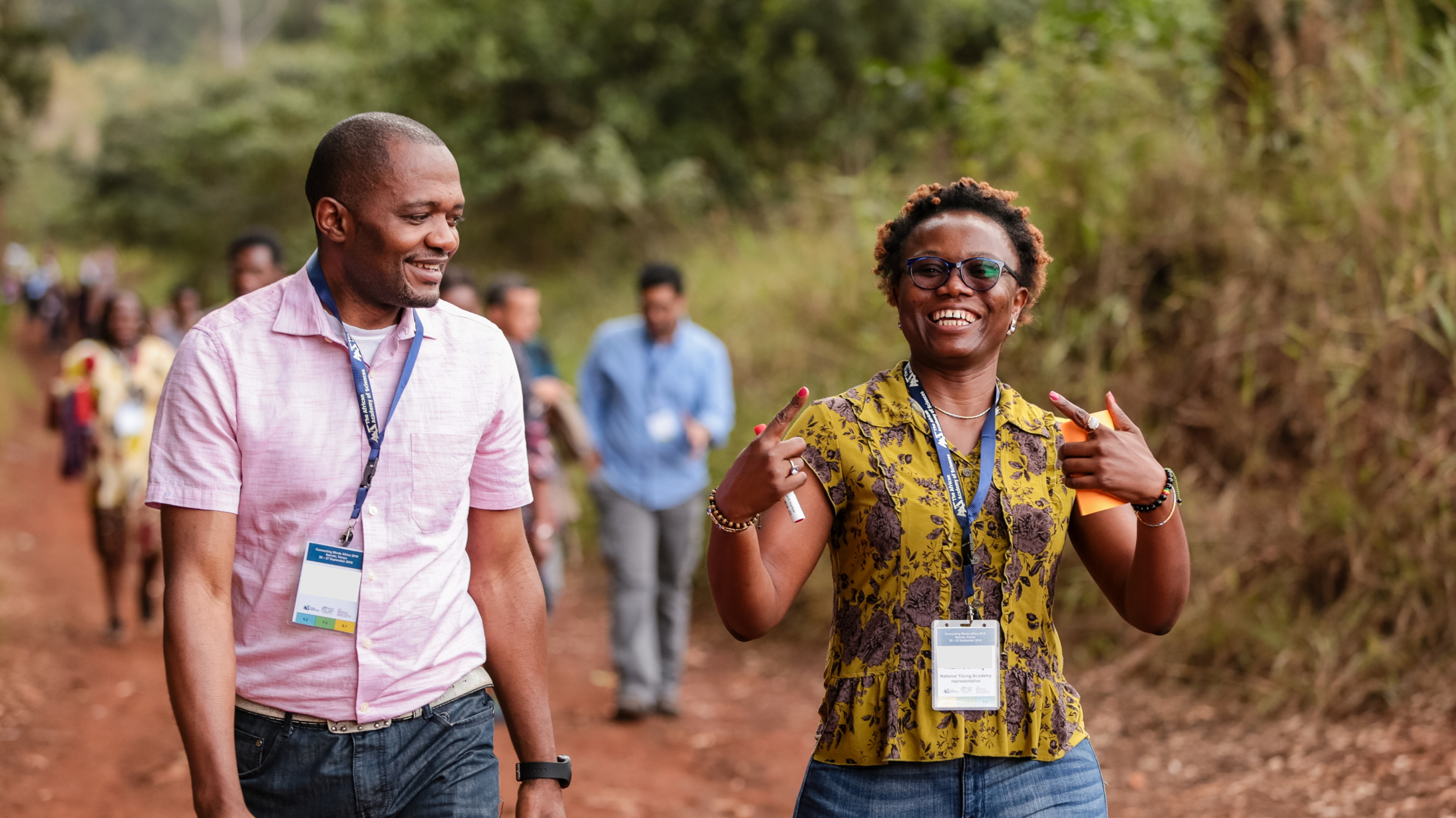A major health research capacity strengthening programme to support Africa-led development
of world-class researchers and scientific leaders in Africa.
| UK Funders | Wellcome and FCDO |
| Total UK investment | £62.6M |
| Project dates | 2015-2020 |
| Lead institutions | AAS/AESA |
| Countries of focus | South Africa, Ghana, Zimbabwe, Cote d’Ivoire, Senegal, Ethiopia, Malawi, Zambia, Botswana, Namibia, DRC, Rwanda, Cameroon, Gabon, Kenya, Uganda, Nigeria, Burkina Faso, Mali |
| Model/approaches to RCS | Stand-alone through fellowships, training, mentoring, South-South collaboration, research leadership, institutional strengthening, supporting public engagement, knowledge translation, and research impact capacities |
| Find out more | The 11 teams: Afrique-One ASPIRE; AMARI; CARTA+; DELGEME; IDeAL; MARCAD; MUII-Plus; SANTHE; SSACAB; THRiVE-2; WACCBIP |
Background
DELTAS is a long-term research capacity strengthening programme, a unique feature is its African-led consortia-based model that fosters strong intra-African collaboration. Over an initial period of five years (2015-2020), it has supported 11 collaborative teams and spans 54 lead and partner institutions from across the continent. DELTAS also invest in research careers through funding training fellowships at MSc, PhD and postdoctoral levels.
The goal of DELTAS is to train researchers with the capacity to lead locally relevant and high-quality research to impact health science, policy and practice in Africa through four strategic areas:
1. Scientific quality: excellent science through competitive recruitment of fellows in strong scientific environments.
2. Research training: providing academic support, training and supervision to develop world-class researchers.
3. Scientific citizenship: fostering mentorship, leadership and equitable collaboration in science, and engagement with public and policy stakeholders.
4. Research management and environment: providing researchers with access to administrative support, adequate resources and creating supportive, sustainable research management environments e.g. financial management.

Impacts
Scientific quality
DELTAS research has resulted in:
- 92 publications in 2020 (almost double the number in 2019), with 85% in peer reviewed journals.
- DELTAS scientific outputs contributed to policy impact at regional and global level e.g. revised WHO guidelines for rabies and HIV management
Research training
- Over 750 short trainings, workshops and courses with a total of 15,233 participants has led to local researcher career development.
- 2,011 research fellows from undergraduate interns to senior researchers recruited, exceeding the recruitment target and achieving a gender parity of 53% male and 47% female.
Scientific citizenship
- Community, policy and public engagement activities held by DELTAS research fellows have reached thousands and raised the profile of research institutions locally and regionally.
- Over 2,500 research communication activities across the continent has reached over 100 million people.
Research management and environment
- Refurbishment / building of 88 research facilities including laboratories, computer rooms etc across all 54 host and partner institutions, providing excellent supportive research environments for fellows to conduct their research.

Success factors and lessons learned
- Build intra-African research collaborations alongside North South collaborations.
- African research leadership facilitates an African perspective and agenda setting to solve African research challenges, including through international collaborations.
- Balance excellence with equity in funding decision making: include weaker research institutions alongside stronger institutions to develop strong research, financial, managerial and operational capacities, and extend the value of funding to more beneficiaries across the continent.
Future vision
Funding for the second phase of DELTAS (2021-2026) has been approved by Wellcome and the Foreign Commonwealth and Development Office (FCDO), awards have not yet been announced. The design and management for Phase 2 was led by the African Academy of Sciences, Alliance for Accelerating Excellence in Science in Africa (AAS/AESA). The philosophy underpinning DELTAS is to continue to shift the centre of gravity of African science funding from the UK to Africa. An emphasis on strengthening the whole research ecosystem, research excellence and institutional equity remains.

